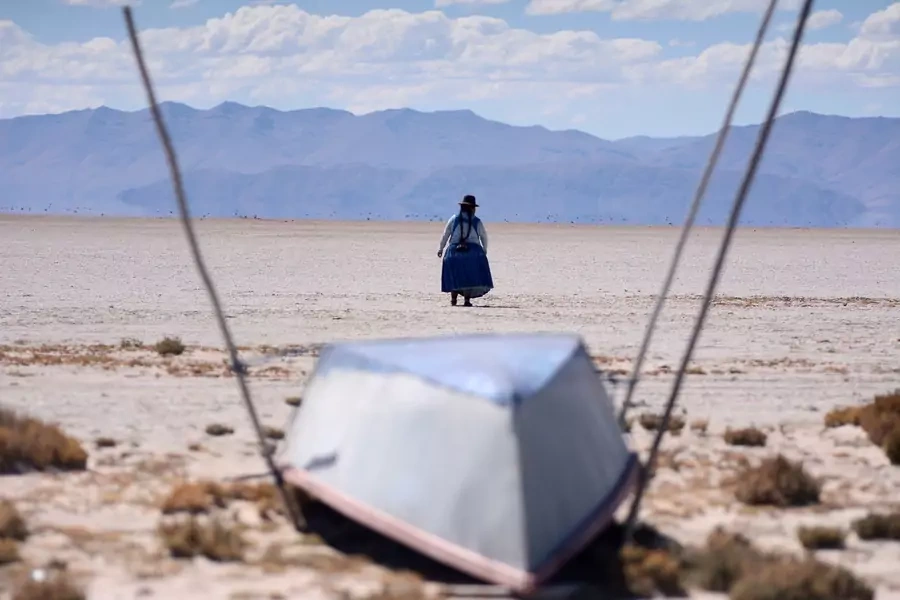- Experts
- Election 2024
-
Topics
FeaturedInternational efforts, such as the Paris Agreement, aim to reduce greenhouse gas emissions. But experts say countries aren’t doing enough to limit dangerous global warming.
-
Regions
FeaturedIntroduction Throughout its decades of independence, Myanmar has struggled with military rule, civil war, poor governance, and widespread poverty. A military coup in February 2021 dashed hopes for…
Backgrounder by Lindsay Maizland January 31, 2022
-
Explainers
FeaturedDuring the 2020 presidential campaign, Joe Biden promised that his administration would make a “historic effort” to reduce long-running racial inequities in health. Tobacco use—the leading cause of p…
Interactive by Olivia Angelino, Thomas J. Bollyky, Elle Ruggiero and Isabella Turilli February 1, 2023 Global Health Program
-
Research & Analysis
FeaturedThe rapidly changing landscape of foreign influence demands a new approach, argues Senior Fellow for Global Governance Miles Kahler. Countering malign influence from abroad will require a stronger democracy at home.
Council Special Report by Miles Kahler October 23, 2024 Diamonstein-Spielvogel Project on the Future of Democracy
-
Communities
Featured
Webinar with Carolyn Kissane and Irina A. Faskianos April 12, 2023
-
Events
FeaturedThis symposium was created to address the broad spectrum of issues affecting Wall Street and international economics. It was established through the generous support of Council board member Stephen C…
Virtual Event with Emily J. Blanchard, Matthew P. Goodman, David R. Malpass, Elizabeth Rosenberg, Janet Yellen, Michael Froman and Rebecca Patterson October 17, 2024 Greenberg Center for Geoeconomic Studies
- Related Sites
- More
Blogs
The Internationalist
Latest Post

The Crisis of the Century: How the United States Can Protect Climate Migrants
The disastrous effects of climate change could displace more than a billion people in the next thirty years. International and domestic legal systems cannot continue to let climate migrants slip through the cracks.
The World Has Lost the Will to Deal With the Worst Refugee Crisis Since World War II
Countries have done too little to fix a broken humanitarian system.
Big Bangs, Red Herrings, and the Dilemmas of Space Security
Policymakers should be careful not to focus to excess on the possibility of kinetic warfare in space.
The World Order is Dead. Long Live the World Order.
The liberal world order faces a litany of challenges today. Instead of abandoning the world order that has served most of the world well, the United States and Middle Powers should seek to preserve and prolong that order.
Setting the Scene—and the Expectations—for the G20 Summit in Japan
World leaders are gearing up for the annual summit of the G20 in Osaka, Japan, where they will turn their attention to a host of issues, not least the U.S.-China trade relationship.
Iran and Beyond: Interstate Conflict Grows More Palpable
As tensions between the United States and Iran increase, questions of conflict prevention and response loom large.
 Online Store
Online Store

